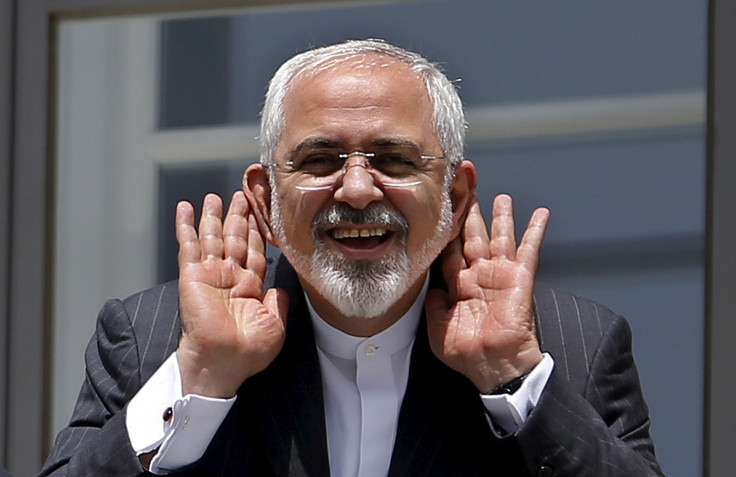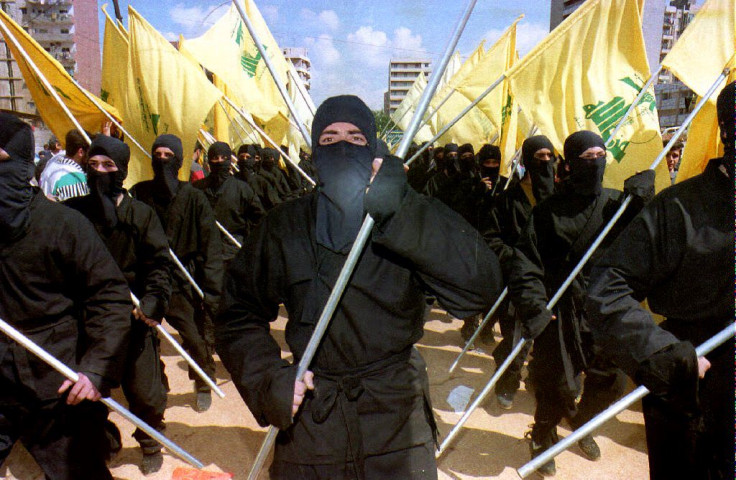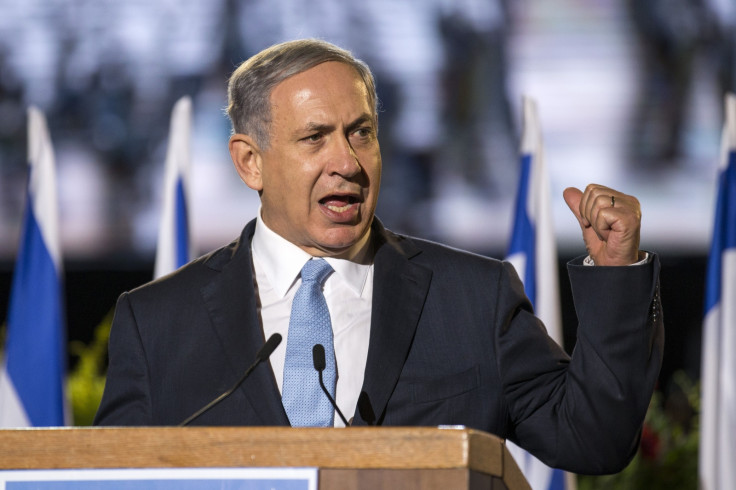Iran nuclear deal: How will the historic agreement affect the wider Middle East?

For a brief moment on Tuesday 14 July, the media in Israel and Iran were on the same page – both voicing their scepticism over the details of Tehran's historic agreement with the US, Russia, China and Europe over its nuclear programme.
Israel's reaction was little surprise. Prime Minister Benjamin Netanyahu has been raging against any deal with Iran since well before the elections, and those on his right such as Naftali Bennett spoke in loaded and apocalyptic terms with a mixture of veiled threats and criticisms drawing comparisons with 20<sup>th century appeasement of the Nazis.
For Iran's semi-state owned Fars News Agency, it was the "arrogance" of the world powers who signed the deal with Tehran that was the target. Its lead editorial thundered against US backing for Israel and the war in Iraq and stated that while Iran had agreed terms over its nuclear programme, it would never negotiate over so-called "regional issues such as Syria and Yemen".
One of the largest questions that has yet to be adequately answered is what this deal will mean in terms of Tehran's support for probably the most brutal regime in the region – that of Damascus
The "regional issues" are of course two of the three wars in which the Islamic Republic is currently embroiled (the other being Iraq), backing Hezbollah in Lebanon and Syria and Houthi rebels in Yemen. The third, against Islamic State (Isis) in Iraq, sees the US and Iran on the same side.
The fate of Iran's proxies is an interesting – and largely absent – element to the agreement on 14 July. Soon after the deal was announced, the news broke that sanctions would be lifted on Iran's Al Quds Brigade and its leader General Qassem Suleimani, who has been leading Shia militias in battles against IS in Iraq backed by US air strikes.
But whether the deal will have an impact on Iran's wars in Yemen and Syria – let alone its policy on Israel – remains to be seen. Of all these issues, Syria seems to be the most pressing, with Iran backing Hezbollah and Bashar al-Assad as US and British soldiers train militants that are currently fighting against the embattled Syrian president, who grows more brutal by the day.

"One of the largest questions that has yet to be adequately answered is what this deal will mean in terms of Tehran's support for probably the most brutal regime in the region – that of Damascus. That will bear heavily on Iran's genuine integration into the international community," said HA Hellyer, associate fellow in security studies at RUSI in London and the Brookings Centre for Middle East Policy.
A cynic may argue that this complex and contradictory situation could remain, after all the US and Britain have often looked the other way when it comes to the proxy wars of its allies. Saudi Arabia, for example, has a long legacy of funding Islamist groups but remains a staunch American and British ally. The West has proved willing to turn a blind eye to the actions of its friends in their own backyards.
But it is not just in Israel where there is distinct opposition to the rapprochement with Iran. Saudi Arabia is understandably unhappy with a deal with its biggest ideological opponent in the region and it comes at a time when relations between Riyadh and Tehran are at rock bottom, fuelled by both the Yemen conflict and a raging, very public, propaganda war.
For Riyadh, the issue is personal. Iran backs Shia groups in Bahrain and eastern Saudi Arabia, where sectarian tension has raged since the rise of IS, spurred on by suicide bombings and attacks on Shia mosques and a continued state crackdown on Shia activism.
In Israel, the deal is equally controversial. Iran has long funded Palestinian militant groups, let alone Hezbollah, who still pose a major threat to Israel from southern Lebanon and with whom Israel fought a brutal – and largely unsuccessful – war as recently as 2006.
Netanyahu has frequently appeared unhinged during his tirades against Iran and the P-5 deal with his alarmist warnings about an Iranian nuclear bomb, but there is a far more forceful argument that the Israelis could have made. That is that Tehran is likely to receive billions of dollars in the wake of the deal, and there is nothing stopping it from handing some of that over to Hamas or Hezbollah to fund another war with Israel.
In an interview with IBTimes UK on 14 July, Brigadier General Michael Herzog, a former senior Israeli negotiator, pointed out that Hezbollah leader Hassan Nasrallah recently stated a richer Iran would be more likely to fund its friends in the region.
He added that Israel had recently had many conversations with its Arab neighbours about their fears of a more engaged Iran but that for political reasons, Arab states were willing to let Israel fight the public war against the deal while they remained relatively silent.

"You would be surprised how many conversations we have had with our neighbours about this issue. The feeling of gloom is shared by most of our Arab neighbours, but they keep a low profile for their own reasons," he said.
Whether Israel and its neighbours' concerns about Iran funnelling more cash to its proxies – including Assad and Hezbollah – are valid remain to be seen. The Fars editorial notwithstanding, Iran has been willing to work with the US in combating IS in Iraq and as Syria's conflict grows more violent by the day, perhaps Tehran can be persuaded to end or at least tone down its support for Assad.
"For those in the Arab world that rely on Iranian support, politically or materially, the nuclear deal is potentially good news – in that it unshackles Iran in the international community at large, and in the region particularly," said Hellyer.
"But it is as yet unclear how this will play out – Arab states and international partners will have been concerned about that potential strengthening of influence. The real question is what these worried actors will actually do beyond expressing their concern and complaining."
© Copyright IBTimes 2025. All rights reserved.






















